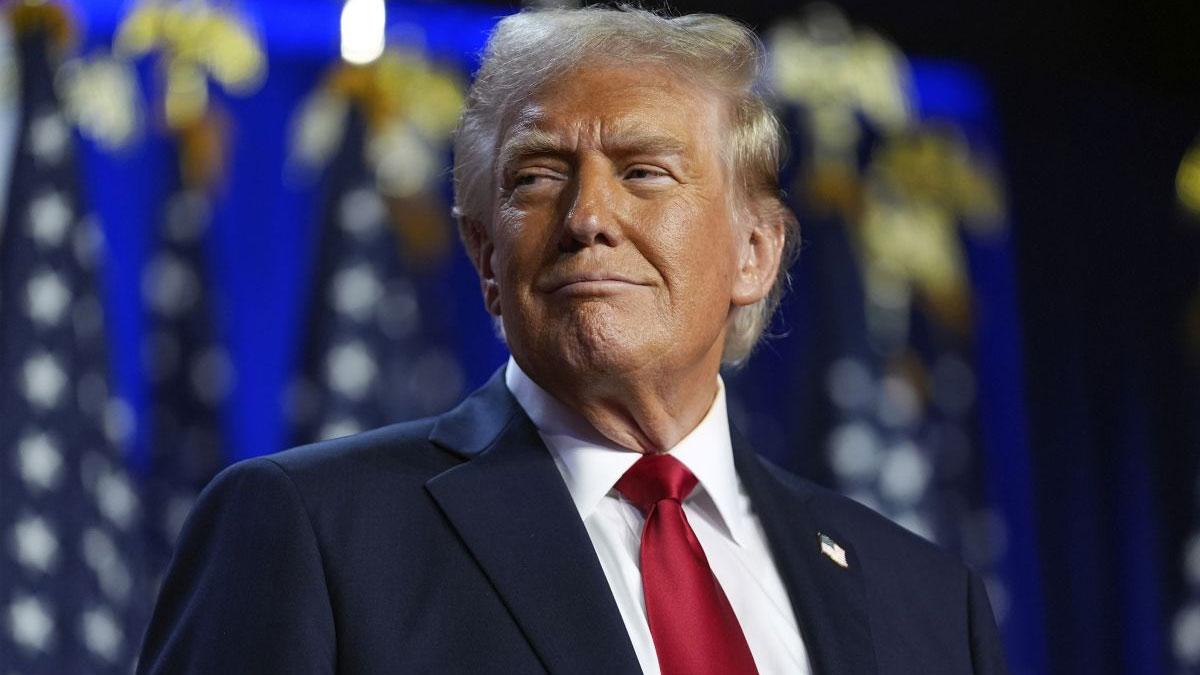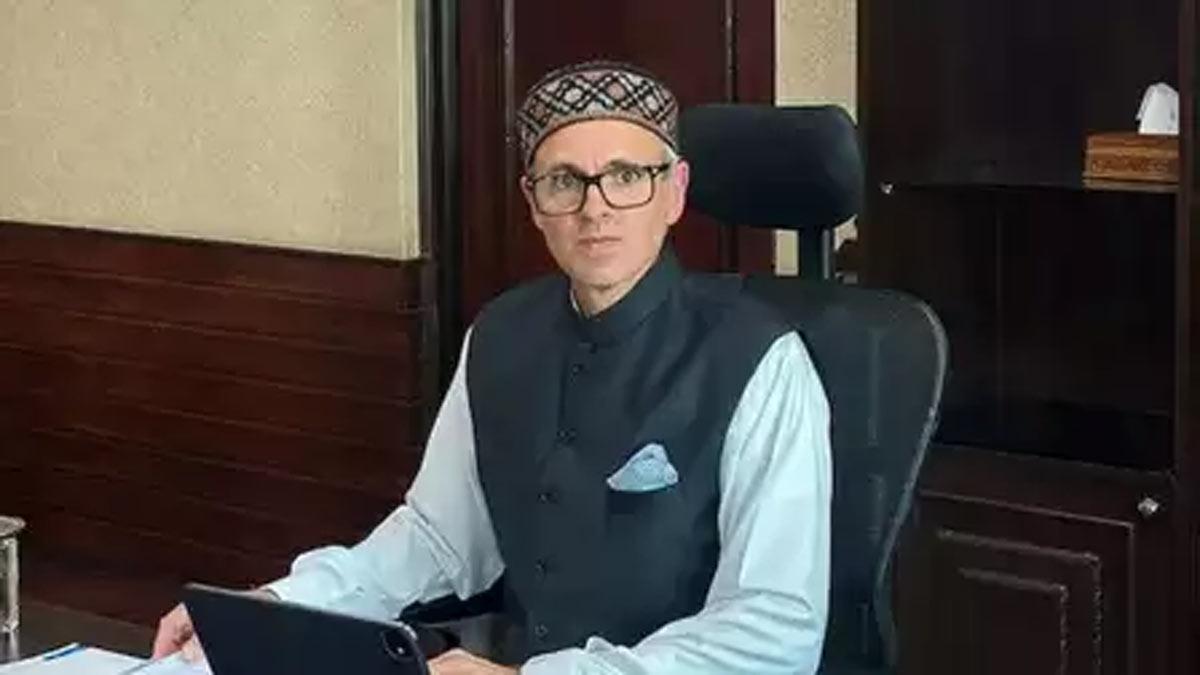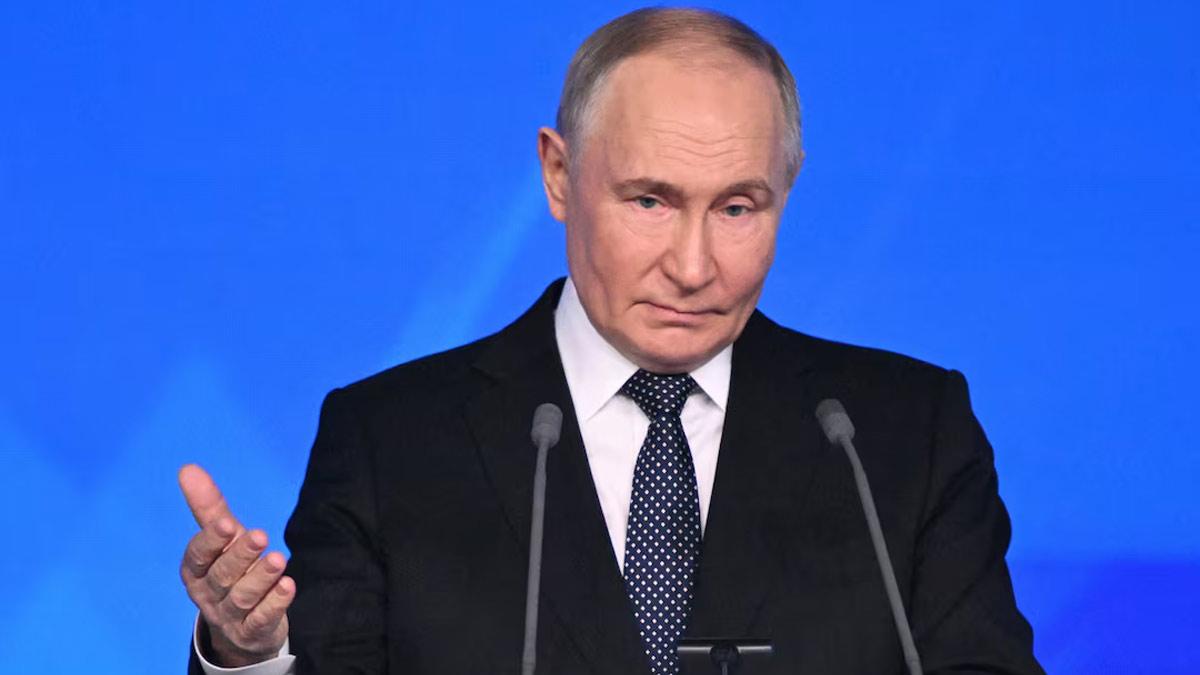President Donald Trump announced on Thursday that the U.S. will double its tariffs on imported steel and aluminum, boosting them to 50% from 25% starting Wednesday.
During a rally in Pittsburgh, Pennsylvania, on Friday, Trump said the move would give a boost to domestic steel production, boost national supply chains, and decrease America's reliance on nations like China.
He also promised a planned $14 billion investment in the steel industry of the region through a joint venture between U.S. Steel and Japan's Nippon Steel. Trump however later explained to reporters that he had not yet read or officially approved the final deal.
The action represents yet another dramatic u-turn in Trump's changing tariff policies since his return to office in January.
"There will be no outsourcing and no layoffs whatsoever, and all US steelworkers will shortly be getting a long overdue $5,000 bonus," Trump announced to a thundering crowd of steelworkers.
The main issue brought up by employees regarding the U.S.-Japan agreement has been whether Japan would honor current union contracts that cover wages and hiring practices.
Trump started by stating that his 2018 tariffs had "saved" U.S. Steel, the largest steel producer in the country and headquartered in Pittsburgh.
U.S. Steel, however, has registered falling sales and profits in the past few years. Trump said the new 50% tariff would be essential to keeping the company in business.
"At 50%, they can no longer climb over the fence," he added. "We are going to put Pennsylvania steel back into the backbone of America, like never before."
U.S. steel production has declined, with China, India, and Japan now dominating production worldwide. Domestic use of steel is around 25% imported, much coming from Mexico and Canada—markets Trump has publicly bashed.
The news comes as the legality of several of Trump's previous tariffs is still the subject of court review. One appeals court recently granted cases to move forward in spite of a lower court ruling to stop some taxes. Yet Trump's steel and aluminum tariffs are left unscathed by the process.
Washington, Pennsylvania mayor and local United Steelworkers union member JoJo Burgess greeted the news.
"It is a good day for steelworkers," Burgess said to the BBC. He added that he hoped that the partnership with Nippon Steel would bring a new dawn for the region's steel workers.
Looking back at Trump's earlier tariffs, Burgess explained they had helped workers such as himself. He was not a Trump voter—himself noting he'd been voting for Democratic presidential candidates the past 20 years—but conceded: "I'm never going to disagree with something that's going to level the playing field for American manufacturing."
Nevertheless, Trump's belligerent tariff regime has generated long-term international consequences. Global trade and international markets have suffered considerably, with the United States' relations strained even with its closest allies.
Strains between the U.S. and China, the world's two biggest economies, have grown into a series of tit-for-tat trade actions. At his rally, Trump blamed China for violating a new tariffs truce reached during Geneva negotiations last week, but he did not provide details.
Later, U.S. Trade Representative Jamieson Greer explained that China had not eliminated promised non-tariff trade barriers.
In return, Beijing accused the U.S. but did not directly respond to the charges, calling instead for Washington to "stop discriminatory prohibitions against China."
Based on World Steel Association 2022 figures, China is still the leading world steel producer, contributing over half of world output.
"Without steel, you don't have a country. Without a country, you can't build a military. What are we going to do? Tell the people, 'Let's go to China to get our steel for our army tanks?'" Trump declared, eliciting laughter and applause during the rally.
In his hour-long address, Trump hinted at the deal with Nippon Steel but gave no new information. U.S. Steel and Nippon have not yet confirmed whether any final agreement has been reached.
Back in December 2023, Nippon signed up to buy U.S. Steel for $15 billion, but the deal was halted by President Joe Biden on grounds of national security.
During the campaign, Trump resisted the foreign acquisition as "so terrible" and vowed to "block it instantaneously."
Currently, under what Trump called a "partnership," it is not certain who would own U.S. Steel or how the 124-year-old firm would be run in the future.
Those at the White House say that Trump convinced Nippon to expand its investment in the U.S. and permit the federal government to have a prominent role in the oversight of American steel plants.
Reports from U.S. media suggest that Japan plans to inject $14 billion into American operations over 14 months. Additional details indicate that U.S. ownership and leadership would be maintained, production levels guaranteed for a decade, and the U.S. government would hold veto power over any proposed production cuts beyond that period.
Read also| Trump Ends 'Mr. Nice Guy' Approach, Accuses China of Violating Trade Agreement
Read also| Russia Alleges Quad Nations Pushing India Toward Military Alignment


















